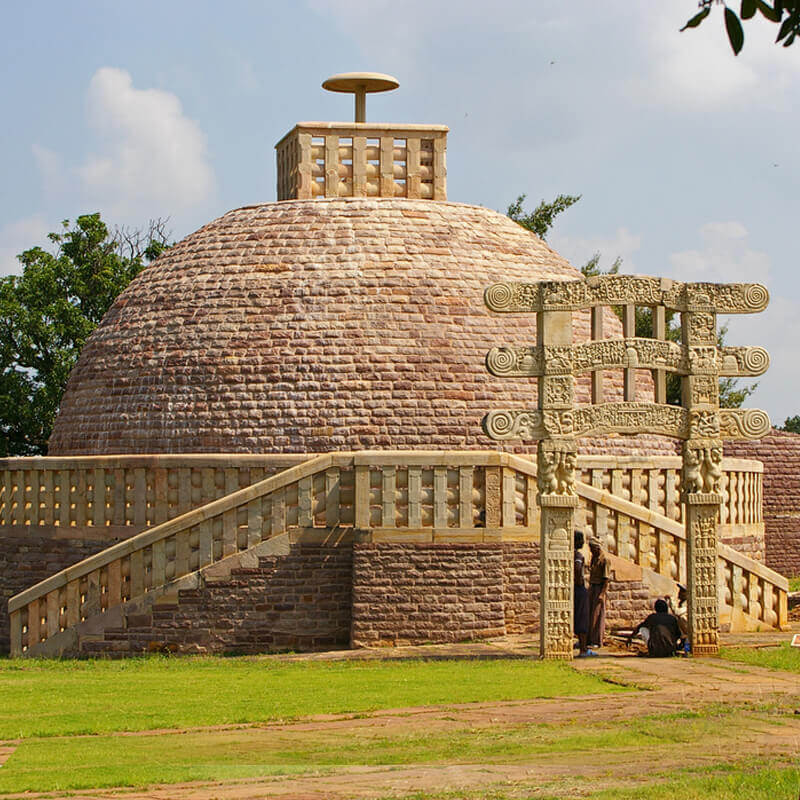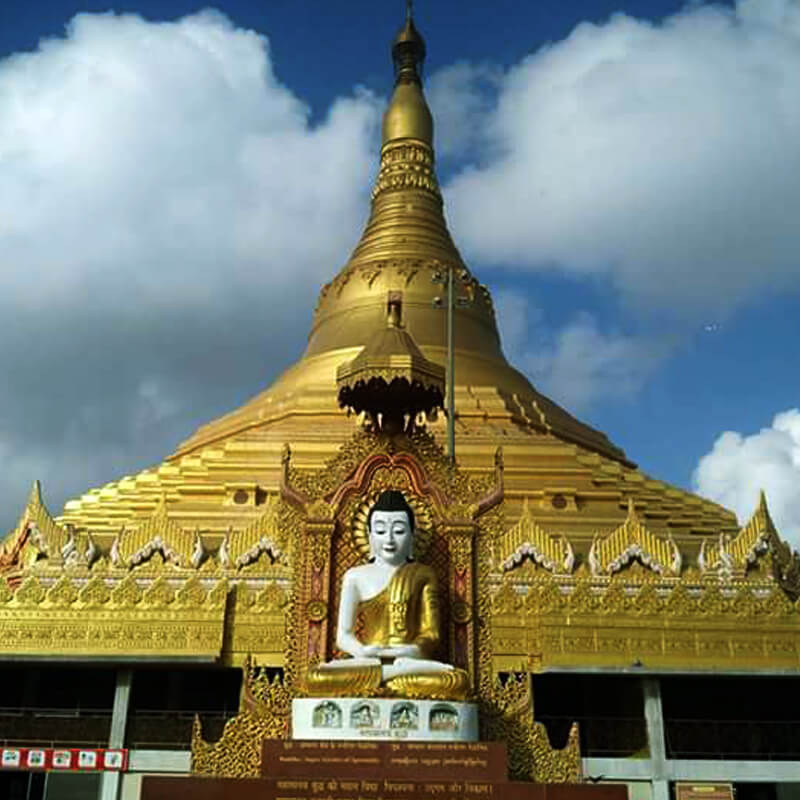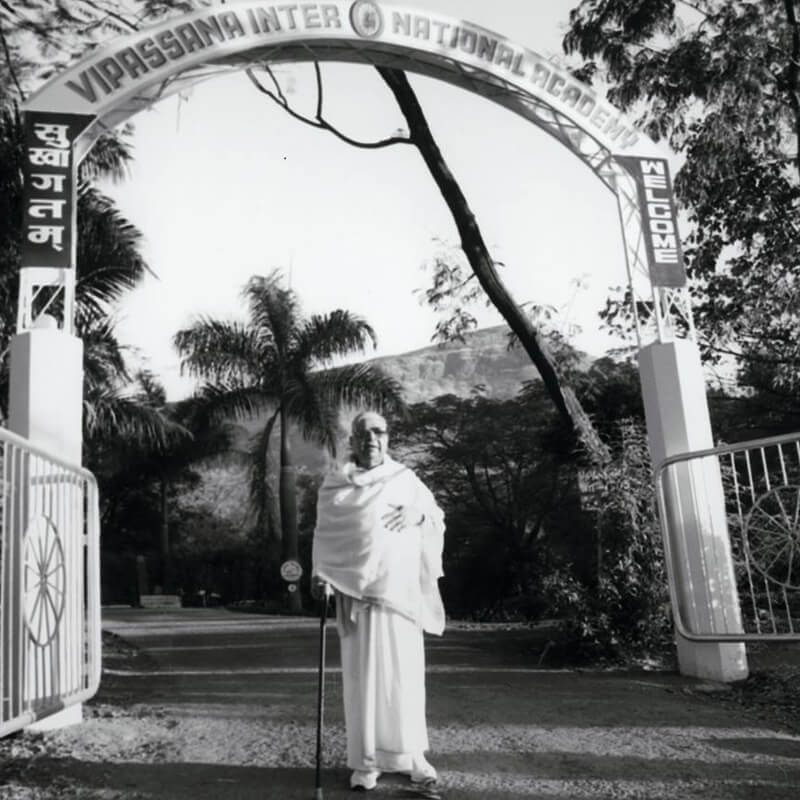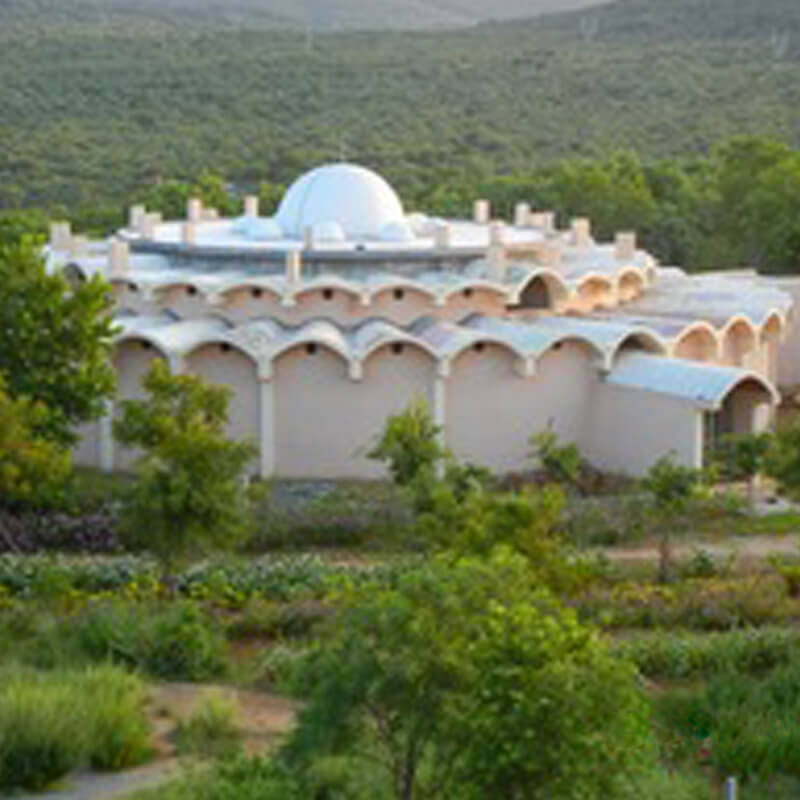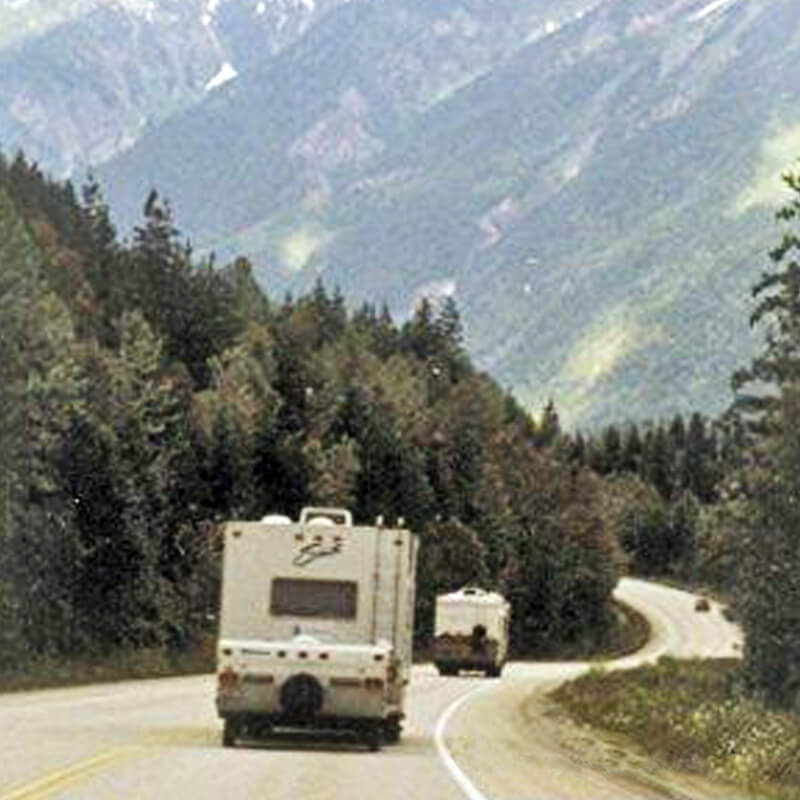In October 1993, Goenkaji and Mataji traveled to Myanmar (Burma) for the official opening of a new Vipassana center in the capital, Yangon (Rangoon), and to give a public talk in the city of Mandalay.
The center built by Goenkaji’s teacher, Sayagyi U Ba Khin, still holds regular courses; but as Goenkaji noted in his inaugural address, a larger center is needed to meet the demand.
The strength of that demand became evident during Goenkaji’s previous visits, starting in 1990. That was the first time he had returned to Myanmar since leaving in 1969 to take up the task of spreading Vipassana around the world.
For over two decades circumstances had made it impossible for him to return to the land of his birth. When at last he did come back to Myanmar he was received with great enthusiasm, and dāna (donation) was quickly offered for a permanent site at which to conduct Vipassana courses.
The new center in northern Yangon is called Dhamma Jyoti, or Light of the Dhamma. Administered by a trust of Vipassana meditators, Dhamma Jyoti already boasts extensive facilities: a meditation hall, dormitories and dining halls for at least 170 people, as well as a teachers’ residence and temporary buildings for the kitchen and offices. The 12 acre property includes a large pond that shelters the land on three sides.
Goenkaji officially opened the center on October 7 at a ceremony attended by over 200 people, among them leading bhikkhus (monks), government officials and ministers, a cabinet minister, the Indian Ambassador, as well as foreign and local meditators.
The first course began on the following day in the presence of Goenkaji and Mataji. About 75 men and 90 women participated in each of the first three courses. Despite the difficulties to be expected at a newly constructed site, the courses went extremely well and marked an auspicious beginning for Dhamma Jyoti.
The inaugural courses were heavily overbooked and demand is also strong for upcoming courses. These have been scheduled through May 1994, under the guidance of assistant teachers.
Plans call for gradual expansion and improvement of the facilities, including a permanent kitchen and office, private accommodation for meditators in longer courses, and eventually a pagoda containing individual meditation cells.
Western meditators are welcome at Dhamma Jyoti, but should be prepared for simple food and living conditions. They are also requested to dress and behave in a manner that respects local customs.
At the opening of the new center Goenkaji remarked, “I feel fortunate that I was born in this Dhamma land and here received the wonderful Dhamma. I feel grateful to my Dhamma father, Sayagyi U Ba Khin, who showed me the wonderful path of liberation.
“I feel grateful to the venerable Sangha of this country, who kept the technique of Vipassana as well as the pariyatti [theoretical explanation of Dhamma] in its pristine purity for many centuries.
“I feel happy that my motherland can give something so valuable as the gem of Dhamma back to India and also to suffering humanity around the world.
“The so-called developed countries offer us material, scientific and industrial help. But we can give them something much more valuable, which can help them come out of their day-to-day miseries.
“May this Dhamma center grow and serve people in large numbers. May all be happy, be peaceful be liberated.”
Before returning to India, Goenkaji and Mataji traveled to Mandalay in north-central Myanmar for a public talk attended by about 3,000 people. The hall was filled to capacity and the audience spilled out onto the sidewalk to hear Goenkaji's address.
(Courtesy: International Vipassana Newsletter, December 1993 issue)

